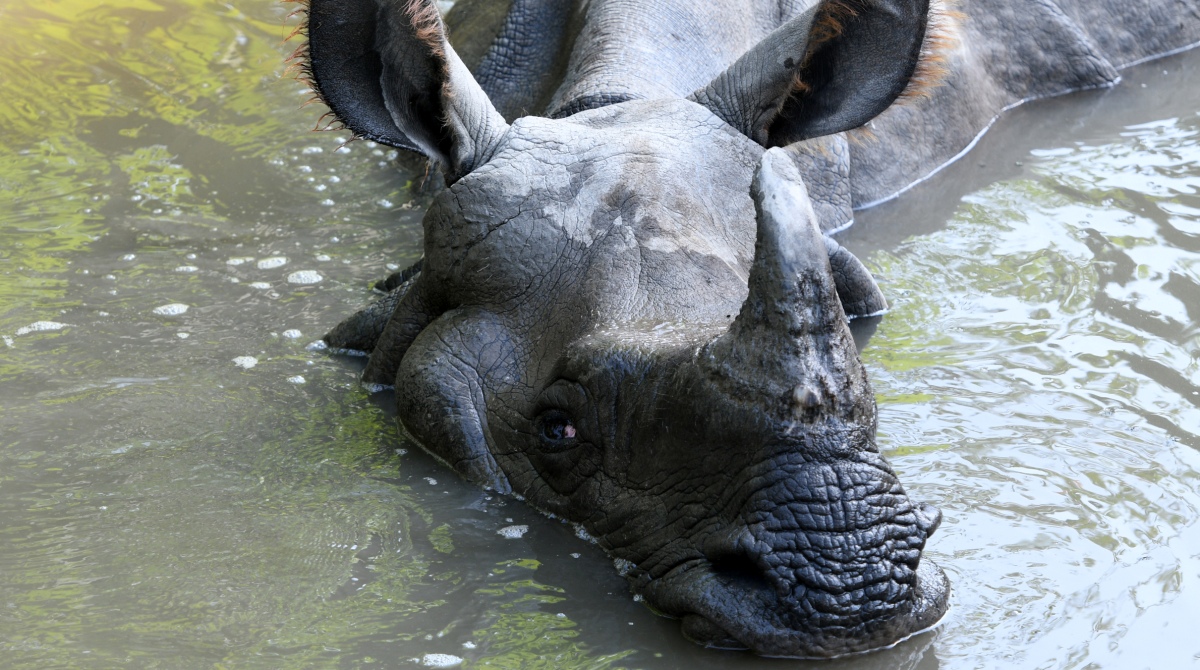The World Wildlife Fund (WWF) expressed strong disapproval of China’s decision to lift a 25-year-old ban on trade in tiger bone and rhino horn.
On Monday, Beijing legalised use of tiger bone and rhino horn from captive bred animals by hospitals and domestic trade in antique tiger and rhino products. The move, which has come in for severe criticism from environment groups, endangers the lives of rhinos and tigers.
Advertisement
While tiger is an endangered species, a sub-species of the five kinds of rhinos is near extinction.
In a statement released on Monday, WWF called on China to not only maintain the ban but also expand it to cover trade in all tiger parts and products.
“It is deeply concerning that China has reversed its 25 year old tiger bone and rhino horn ban, allowing a trade that will have devastating consequences globally”, said Margaret Kinnaird, WWF Wildlife Practice Leader.
Calling the resumption of a legal market for the bone and horn, which was banned in 1993, a setback to efforts of tiger and rhino conservation, Kinnaird pointed at China’s handling of domestic ivory trade as an example of how illegal trade can be carried out under the guise of legal trade.
“China’s experience with the domestic ivory trade has clearly shown the difficulties of trying to control parallel legal and illegal markets for ivory. Not only could this lead to the risk of legal trade providing cover to illegal trade, this policy will also stimulate demand that had otherwise declined since the ban was put in place,” Kinnaird said.
WWF said that even if restricted to antiques and use in hospitals, the trade would increase confusion by consumers and law enforcers as to which products are and are not legal.
“This decision seems to contradict the leadership China has shown recently in tackling the illegal wildlife trade, including the closure of their domestic ivory market, a game changer for elephants warmly welcomed by the global community,” said Kinnaird referring to the 31 December 2016 decision that placed a ban on ivory trade in China.
The ban came into effect on 31 December 2017 – a full 27 years after the Convention on International Trade in Endangered Species of Wild Fauna and Flora banned ivory trade.
The World Federation of Chinese Medicine Societies had in 2010 urged members not to use tiger bone or any other parts from endangered species.
In its statement, the WWF called on China to set a clear plan and timeline to close existing captive tiger breeding facilities used for commercial purposes.











